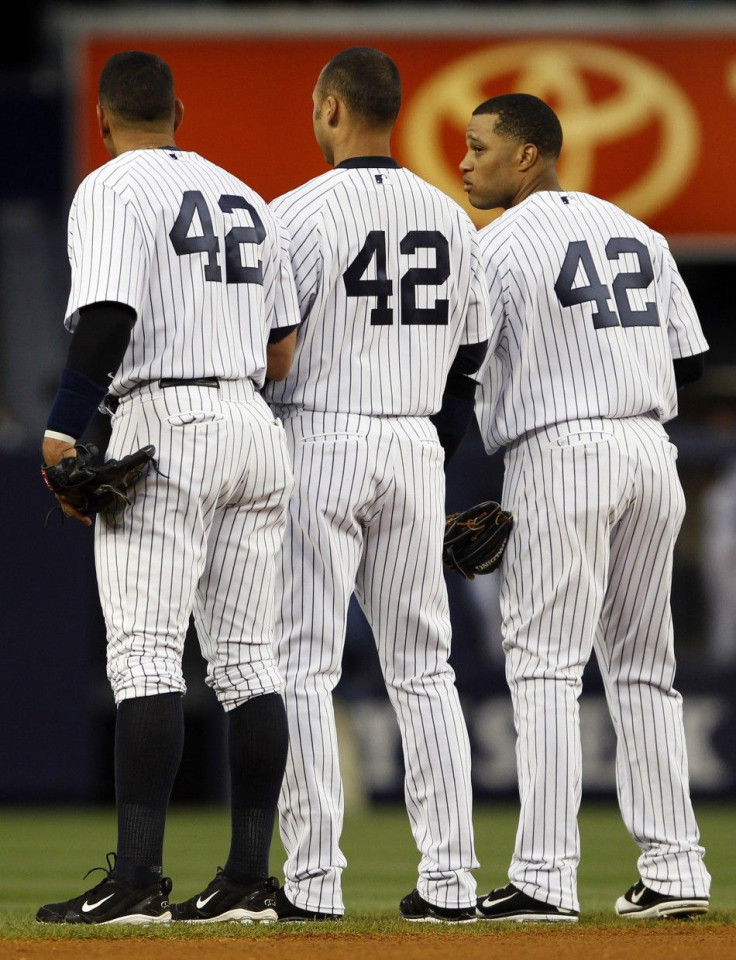Jackie Robinson: 9 Things You Didn't Know About This American Hero

Jackie Robinson will forever be known as the man who broke baseball's color barrier. When he made his major-league debut on April 15, 1947, he was the first black man to play in the majors since the 1880s.
Robinson was an impressive man who achieved many things beyond his .311 lifetime batting average, 1,518 hits, 137 home runs, 734 runs batted in, and 197 stolen bases.
People are familiar with his story on the field, but it was his life off the field that contained some of his most interesting moments.
1. Robinson wasn't the only athlete in the family. His brother Mack Robinson was competed in the 1936 Olympics in Berlin. He won the silver medal in the 200 meters, just 0.4 seconds behind Jesse Owens.
2. Robinson was one of the first multisport athletes. He played pro football for the Los Angeles Bulldogs in 1941 as a running back. His football career was derailed by the outbreak of World War II. In 1946, Robinson played pro basketball briefly for the Los Angeles Red Devils.
3. Robinson's unit, the 761st Tank Battalion, was the first black tank unit to see combat in World War II, but he was not with them, having been accused of insubordination after he refused to move to the back of a public bus in 1944.
4. Robinson was the first African-American to serve as vice president of a major American corporation. After his playing career, he was named the vice president for personnel at Chock Full o'Nuts, a coffee company.
5. In 1964, Robinson helped found and was the first chairman of the board for Freedom National Bank. Freedom was a black-owned and -operated bank in the Harlem section of New York.
6. Robinson and Martin Luther King Jr. clashed over the Vietnam War. Robinson supported the war effort and the Johnson administration's policies. He even wrote King a letter defending the administration.
7. Robinson supported Richard Nixon over John F. Kennedy in the 1960 U.S. presidential election, although he later praised Kennedy for his work on civil rights.
8. Robinson posthumously won both the Presidential Medal of Freedom and the Congressional Gold Medal, two of the highest honors the federal government can bestow upon a civilian.
9. Robinson and boxer Joe Louis became friends when they were both in the military during World War II. They were both attempting to qualify for Officer Candidates School despite the military's reluctance to admit black men to OCS. Their protest was successful.
© Copyright IBTimes 2024. All rights reserved.











